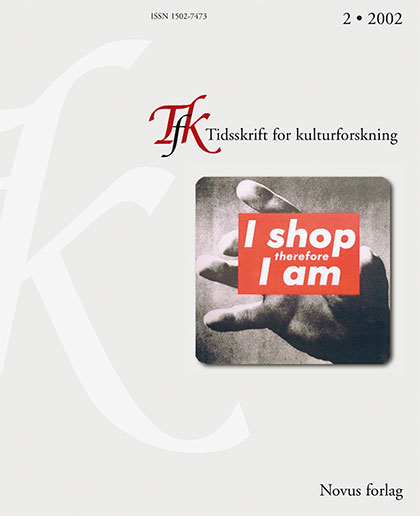Sammendrag
This article deals with the production of consumers through different knowledge strategies at the end of the nineteenth century. Using examples mainly from a Norwegian and European context, the close connections between politics, economy, expert knowledge and consumers are investigated. What took place was the birth of the consumer science society, it is claimed. First today's joint construction of consumer society by industrialists, politicians, media, and social science researchers is underlined as a problematic fact. A framework for investigating different constructions of the consumer in the late nineteenth century is then presented, a framework borrowed from the Michel Foucault inspired field for governmentality studies. This theoretical framework is used to tell four case stories - about the arts and crafts movement and the moral consumer; the production of statistics for the state and the economical consumer; nutritional science and the biological consumer; and last, the department stores and the hedonistic consumer. The stories could be interpreted as four roads towards the consumer society, but in this article they will be used to underline that different orders co-exist, and that instead of viewing society as an ordered whole, one could insist on the "current state of disorder", a metaphor used by Donna Haraway, as a more fruitful description of the state of things.
Forfattere beholder opphavsretten og gir tidsskriftet rett til første publisering av arbeidet. En Creative Commons-lisens (CC BY-SA 4.0) gir samtidig andre rett til å dele arbeidet med henvisning til arbeidets forfatter og at det først ble publisert i dette tidsskriftet.

